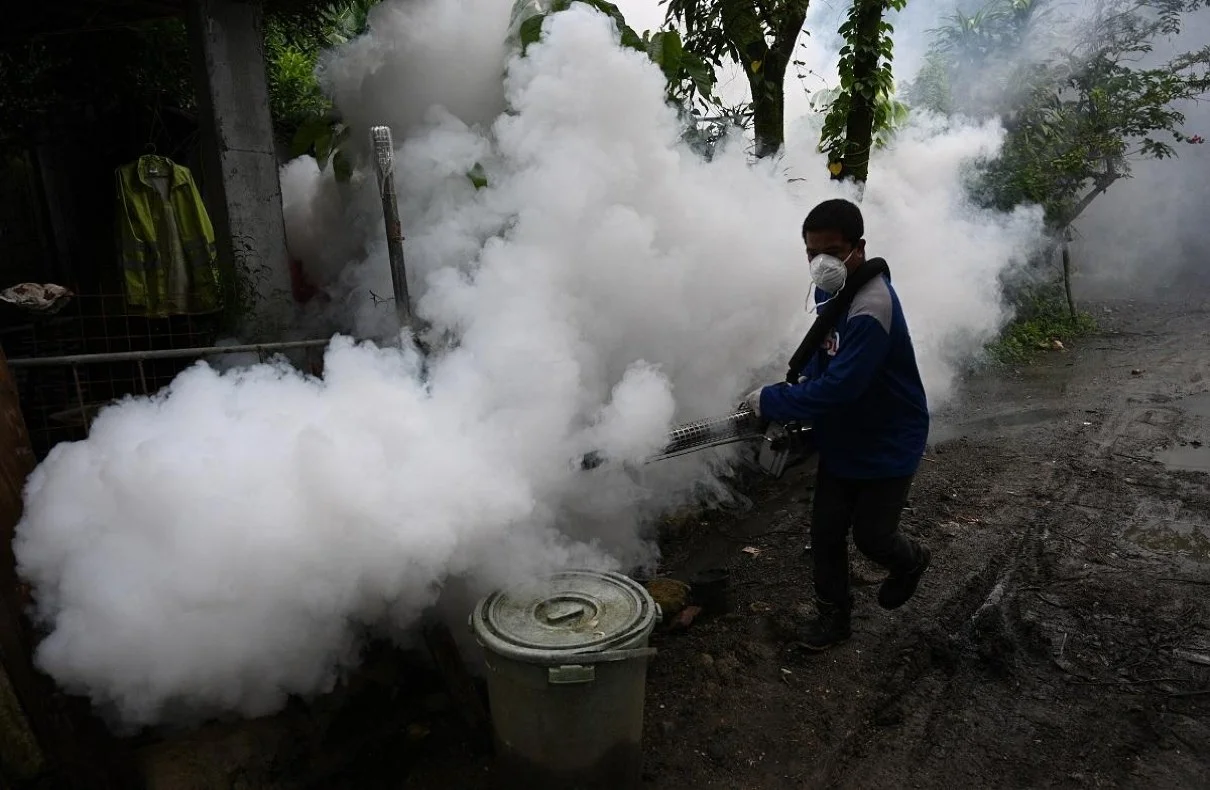
Peru has recently declared a health emergency in response to a significant increase in dengue fever cases. The South American country is grappling with a growing number of dengue cases, with the situation exacerbated by higher-than-usual temperatures caused by the El Nino weather pattern.
Dengue fever is a mosquito-borne viral infection that is transmitted primarily by the Aedes aegypti mosquito. It is characterized by symptoms such as high fever, severe headaches, fatigue, nausea, vomiting, and body aches. In severe cases, it can lead to dengue hemorrhagic fever, which can be life-threatening.
According to the Peruvian health ministry, there has been a staggering increase in the number of dengue cases reported in the first seven weeks of 2024. The figures are twice as high as those recorded during the same period in 2023, with over 31,000 cases reported. Alarmingly, the death toll has also risen, with 32 fatalities attributed to dengue fever.
Alcohol-Related Deaths: A Growing Crisis in the United States
The dengue epidemic has put a strain on Peru’s public health system, as thousands of people seek medical care in emergency rooms. The situation is particularly concerning as Peru continues to grapple with the effects of the El Nino weather pattern, which has led to higher temperatures and heavy rains. These conditions create ideal breeding grounds for the Aedes aegypti mosquito, contributing to the rapid spread of the disease.
In response to the escalating crisis, Peru’s government has declared a health emergency in most of its provinces. This proactive measure aims to address the urgent need for additional resources, funding, and personnel to combat the dengue outbreak effectively. The health emergency status enables the government to expedite the allocation of funds and deploy healthcare professionals to the affected regions more swiftly.
The health emergency declaration covers 20 out of Peru’s 24 provinces, including regions surrounding the capital city of Lima. By mobilizing resources and healthcare personnel, the government hopes to contain the spread of dengue fever and provide necessary medical assistance to affected individuals.
The El Nino weather pattern, characterized by the warming of the seas off Peru’s coast, has played a significant role in the current dengue outbreak. The phenomenon has led to higher temperatures and increased rainfall, creating ideal conditions for mosquito breeding and the proliferation of the Aedes aegypti mosquito population.
Peru has experienced high temperatures and heavy rains since 2023 due to El Nino’s effects. These climate conditions have not only contributed to the dengue outbreak but have also posed challenges in controlling the mosquito population. The government’s response to the crisis includes not only immediate intervention but also long-term strategies to manage the impact of climate change on the spread of mosquito-borne diseases.
The Power of Plant-Based Diets: Promoting Health and Well-being
Preventing the spread of dengue fever requires a multi-faceted approach that focuses on both controlling mosquito populations and raising awareness among the population. The Peruvian government is implementing various prevention and control measures to curb the outbreak and protect the health of its citizens.
- Mosquito Control: Efforts to control mosquito populations involve fumigating areas with high mosquito activity and eliminating mosquito breeding sites, such as stagnant water sources, where mosquitoes lay their eggs. These measures aim to reduce the number of mosquitoes and minimize the risk of dengue transmission.
- Public Awareness Campaigns: Education and awareness play a crucial role in preventing the spread of dengue fever. The government is launching public awareness campaigns to educate the population about the symptoms of dengue, the importance of personal protection measures, and the need to seek immediate medical attention if symptoms arise.
- Healthcare Infrastructure: Strengthening the healthcare infrastructure, particularly in the affected regions, is essential to effectively manage the dengue outbreak. This includes ensuring an adequate supply of medical equipment, medicines, and trained healthcare professionals to provide timely treatment and care to those affected by the disease.
- Surveillance and Reporting: Enhancing surveillance systems and reporting mechanisms is crucial for early detection and response to dengue cases. The government is working to improve its monitoring systems to track the spread of the disease and identify areas requiring immediate attention.
Addressing a crisis of this magnitude requires international collaboration and support. Peru has been actively seeking assistance from international organizations and neighboring countries to manage the dengue outbreak effectively.
The World Health Organization (WHO) has been closely monitoring the situation in Peru and providing technical guidance on dengue prevention and control measures. Collaborative efforts between Peru and international partners aim to strengthen surveillance systems, share best practices, and allocate resources to combat the outbreak.
